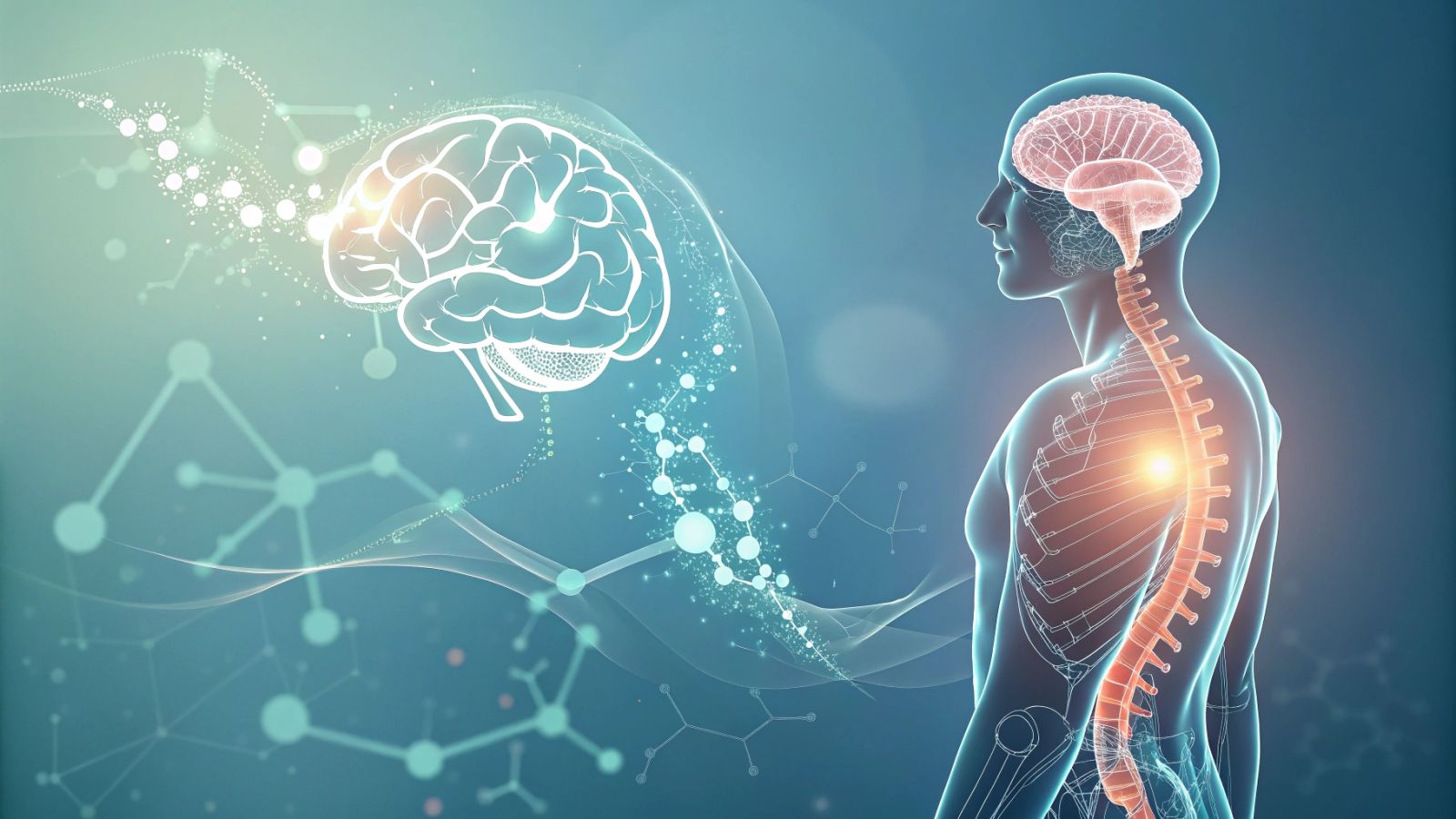Discovery of a link between gut microbiota and anxiety 🦠
Published by Cédric,
Article author: Cédric DEPOND
Source: EMBO Molecular Medicine
Other Languages: FR, DE, ES, PT
Article author: Cédric DEPOND
Source: EMBO Molecular Medicine
Other Languages: FR, DE, ES, PT
Follow us on Google News (click on ☆)
Researchers found that mice lacking gut microbiota exhibited more pronounced anxious behaviors compared to those with normal bacterial flora. This difference is explained by neuronal hyperactivity in a brain region involved in emotion management.

The link between microbiota and the brain
Scientists compared two groups of mice: one with normal gut microbiota, the other raised in a sterile environment without bacteria. The mice without microbiota showed increased anxiety, spending more time in enclosed spaces and avoiding open areas.
By analyzing their brains, researchers observed hyperactivity in the basolateral amygdala, an area associated with fear and anxiety. This hyperactivity is believed to be due to a dysfunction of SK2 channels, proteins that normally regulate neuronal excitation.
The key role of microbial metabolites
To confirm these findings, researchers administered either gut bacteria or indole, a metabolite produced by the microbiota, to these anxious mice. In both cases, excessive neuronal activity decreased, and anxious behaviors were alleviated.
These discoveries suggest that microbial metabolites, such as indole, act directly on the brain to modulate emotional responses. This opens the door to new therapeutic approaches targeting the gut-brain connection.
Towards new treatments for anxiety?
Anxiety disorders affect millions of people worldwide, and current treatments are not always effective. This study offers a promising avenue: using probiotics or indole-based supplements to restore emotional balance.
Researchers are now planning clinical trials to evaluate the effectiveness of these approaches in humans. If these results are confirmed, they could lead to a rethinking of anxiety disorder management by offering natural alternatives to traditional medications.
To go further: How does indole influence the brain?
Indole, a metabolite derived from the breakdown of tryptophan by certain gut bacteria, can cross the blood-brain barrier. It acts on neurons by modulating the activity of ion channels involved in nerve signal transmission, thereby reducing brain hyperactivity associated with anxiety.
Studies show that indole also influences the production of serotonin, a key neurotransmitter in mood regulation. By increasing its availability, it could promote a more stable emotional state and limit excessive reactions to stressful stimuli.
In humans, reduced levels of indole are often observed in individuals suffering from anxiety disorders. This suggests that boosting its production through a tailored diet or specific probiotics could be a promising therapeutic approach.
Why are SK2 channels essential for anxiety regulation?
SK2 channels are membrane proteins that control neuronal excitability by modulating potassium ion flow. When functioning correctly, they limit neuronal hyperactivity in the amygdala, a key brain region involved in managing fear and anxiety.
In mice lacking microbiota, an impairment of SK2 channels leads to excessive excitation of neurons in the basolateral amygdala. This hyperactivity amplifies the perception of threats, thereby increasing anxious behaviors.
Research suggests that certain microbial metabolites, such as indole, can restore the proper functioning of SK2 channels. This opens the way to therapeutic strategies aimed at regulating these proteins to treat anxiety disorders in a targeted manner.